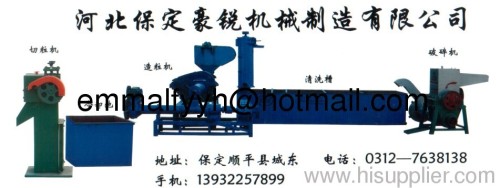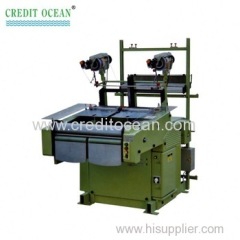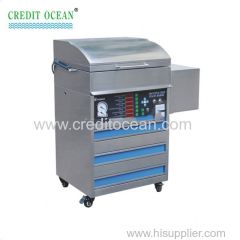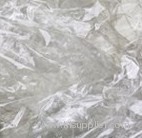
|
Baoding Haorui Machinery Manufacturing Co., Ltd.
|
Waste Materials Recycling Machine China Supplier
| Payment Terms: | T/T,WU |
| Place of Origin: | Hebei, China (Mainland) |
|
|
|
| Add to My Favorites | |
| HiSupplier Escrow |
Product Detail
Since your recyclables will eventually be sold to manufacturers, they must meet certain standards.we can supply recycling machine.
Sorting Recycled Material
Since your recyclables will eventually be sold to manufacturers, they must meet certain standards. They can't have too many impurities, since recycled materials compete with virgin materials for use in manufacturing. So the cleaner the materials you return, the more likely it is they will be recycled.
The Minnesota Recycling Program says this means that a pizza box covered in grease and cheese you toss in your recycling bin will end up in a landfill. So, too, will tiny pieces of broken glass, especially when the pieces are different colors (called mixed-glass cullet). And many recycling programs won't take some products that are very difficult to recycle. Chief among them is PVC. This kind of plastic(which can be identified by the 3 inside the recycling symbol these products bear) contains too many additives to be recycled in most cases, since these additives can affect the purity of a batch of recycled plastic.
The remnants of the materials that can't be recycled is calledresidual. The less residual a recycling plant allows, the more money it makes, since residual is simply thrown away at a cost to the recycling outfit.
Because of its unparalleled economic growth, China has become the world's largest importer of recycled raw materials. Many of the used items you put on your curb make their way to China; in 2004, China imported $3.1 billion worth of the United States' scrap materials. But not everything that ends up in China can be used.
Didn't find what you're looking for?
Post Buying Lead or contact
HiSupplier Customer Service Center
for help!
Related Search
Waste Recycling Machine
Waste Oil Recycling
Cotton Waste Recycling Machines
Waste Plastic Recycling
Textile Waste Recycling
Waste Engine Oil Recycling
More>>









